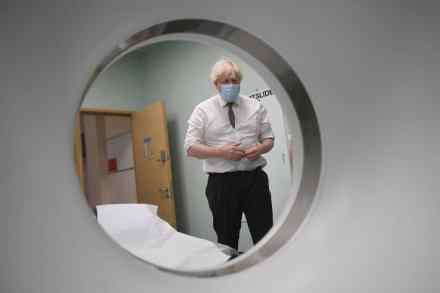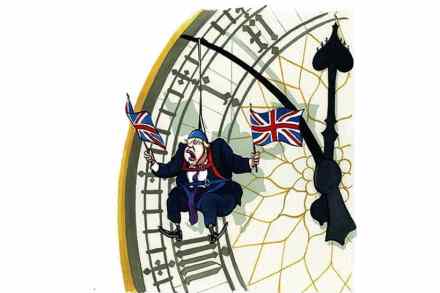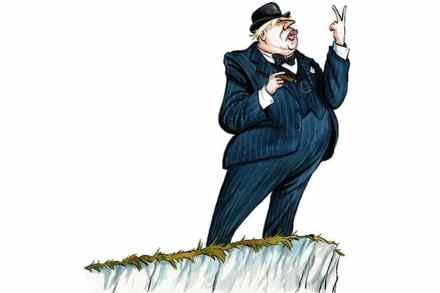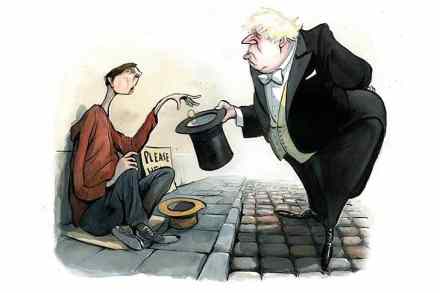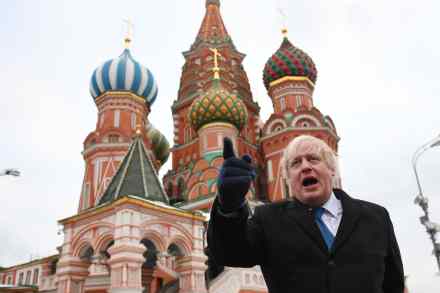Boris Johnson will struggle to contain this sleaze row
A week ago today, Tory MPs were getting increasingly nervous about Downing Street’s plan to stay the guilty verdict against Owen Paterson. Despite warnings from various senior MPs, the government pressed on – and the result has been a firestorm about second jobs, with Geoffrey Cox now facing Labour calls for an inquiry into his conduct. We are a week in and the scandal shows no sign of abating It is hard to see how Boris Johnson gets off the hook he has caught himself on. If he tries to resolve this scandal with a set of strict new curbs on outside interests he will infuriate a considerable number of his


